Surrogacy Laws & Process in New York

Understanding the Surrogacy Process in New York
New York provides one of the most comprehensive and inclusive legal frameworks for gestational surrogacy in the United States. With the passage of the Child-Parent Security Act (CPSA) in 2021, compensated gestational surrogacy is now legal, with enforceable protections for both surrogates and intended parents.
Whether you’re a surrogate or an intended parent, the state offers a streamlined legal process designed to protect all parties. The CPSA also sets strict ethical and medical standards. This helps maintain a safe and transparent experience for everyone involved.
A HUGE Thank You To Our Sponsors...





Pre-Birth Parentage Orders in New York: Legal Recognition Before Birth
Married Same-Sex Couples
Both spouses can be recognized as legal parents through a pre-birth order.
Unmarried Heterosexual Couples
May receive a pre-birth order, provided legal requirements are met.
Single Intended Parents
Individuals using their own or donor gametes can secure parentage prior to birth.
Couples Using Donor Gametes or Embryos
Use of donor egg, sperm, or embryos does not disqualify intended parents from receiving a pre-birth parentage order.
Unmarried Same-Sex Couples
May also obtain legal parentage, reflecting the state’s inclusive legal stance.
Unmarried Same-Sex Couples
Can receive legal parent recognition before birth when following the proper legal process.
New Jersey’s law does not require a genetic link between the child and either intended parent for a pre-birth order to be granted.
Who Can Be a Surrogate in California?
Eligibility Criteria:
- Surrogacy is open to both married and unmarried women who meet the necessary health and emotional requirements.
- Women must have had at least one successful pregnancy in the past and be medically healthy to carry a child for others.
Health and Medical Requirements:
- A surrogate must undergo a thorough medical screening to ensure they are physically capable of handling a pregnancy, including tests to evaluate overall health, reproductive history, and mental well-being.
Age Requirements:
- Typically, surrogates should be between 21 and 40 years old to ensure both a healthy pregnancy and the emotional maturity needed for the process.
Emotional Readiness:
- The emotional and psychological aspects of surrogacy are critical. Surrogates must be mentally prepared for the process, understand the emotional challenges, and be able to handle the separation from the baby after birth.
No Strict Legal Restrictions:
- Montana does not impose rigid legal restrictions on who can be a surrogate. However, having the right legal and emotional support is essential for both the surrogate and the intended parents to ensure a smooth process.
Explore the Carrying Dreams Surrogacy Heatmap

